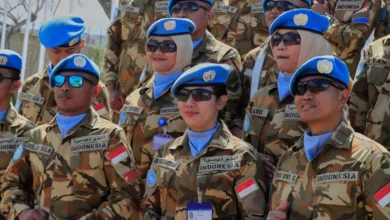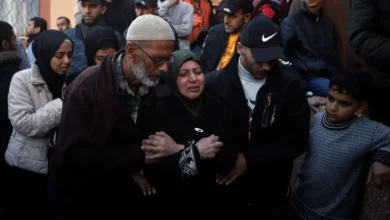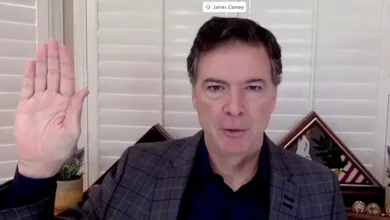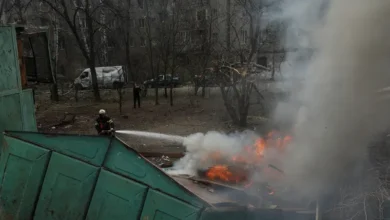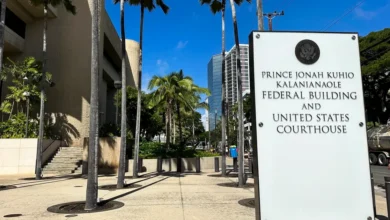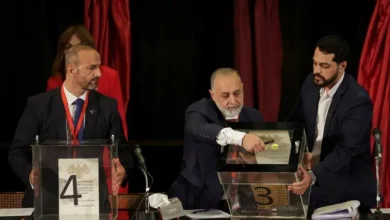India election: Why did Modi’s BJP lose in Uttar Pradesh, its fortress?
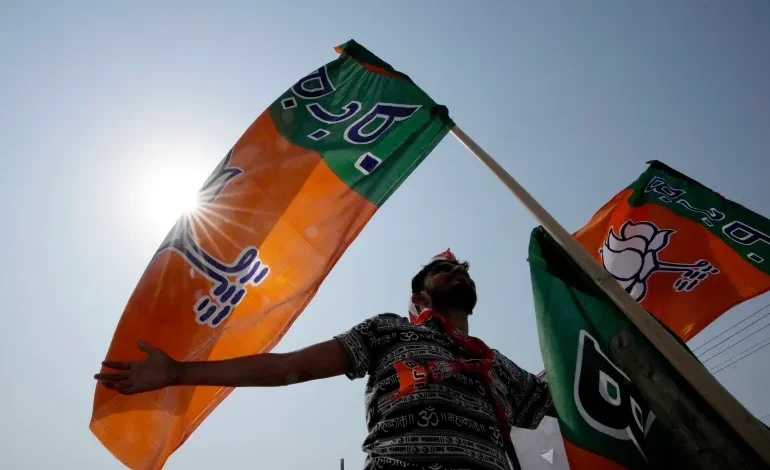
It was April 1, All Fools’ Day.
India’s elections were yet to start, but Delhi-based columnists were already calling the verdict on the biggest prize of all: Uttar Pradesh (UP), the northern state that is the country’s largest and that sends the largest chunk of legislators to the nation’s parliament. The state’s 80 members of parliament in a house of 543 often make or break the national government.
In 2014 and 2019, they made the Bharatiya Janata Party’s fortunes, with Prime Minister Narendra Modi’s party winning 71 and 62 seats in those two elections. The columnists were predicting a repeat, a done deal for the BJP.
But Hakim Sahib, a full-time mendicant and a part-time politician from Meerut, a western Uttar Pradesh (UP) city, wasn’t amused. “BJP will not win more than 40 seats in UP as there is a strong undercurrent against the party,” he told this writer.
Two months later, when the results were declared on June 4 after seven stages of a staggered poll, Sahib, it turns out, had been prescient, unlike the vast majority of pollsters who had predicted a sweep for the BJP in UP and India.
As the election campaign unfolded across the state of more than 200 million people, the signs were there: Modi and the BJP were clearly a powerful force, but there was a palpable, seething rage too, among many voters — including traditional supporters — over high unemployment and inflation. A clever strategy by the opposition INDIA alliance turned a BJP campaign slogan seeking 400 seats in parliament into a narrative against the governing party: The opposition claimed that the BJP could take away constitutional rights of historically disadvantaged communities such as Dalits — who sit at the bottom of India’s caste hierarchy — with such a large mandate.
All of that fructified into the outcome that Sahib had predicted: The BJP ended up with just 33 seats, with its allies winning three more. The regional Samajwadi Party, a member of the Congress Party-led INDIA alliance, won 37 seats. The Congress itself won six more. That result, along with losses in the western state of Maharashtra, has forced the BJP to rely on alliance partners to form a government, short of a national majority on its own.
The rumblings that led to this moment weren’t restricted to traditional BJP critics. Some ordinary voters who led to its rise felt let down too.
Fall in Ayodhya, drop in Varanasi
In 1992, the BJP led a campaign that culminated in the demolition of the 16th-century Babri mosque in the UP temple town of Ayodhya. On December 6 that year, when images of the shrine being pulled down stunned the rest of India and shocked the world, Mohan was at the site, a part of the mob that smashed the mosque into rubble.

